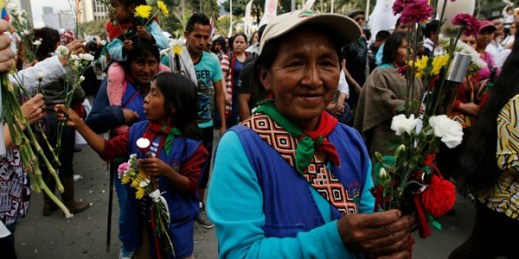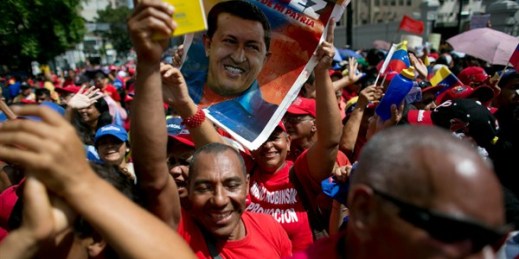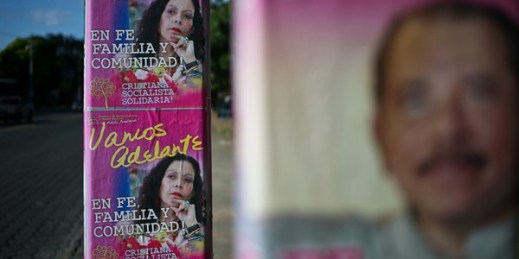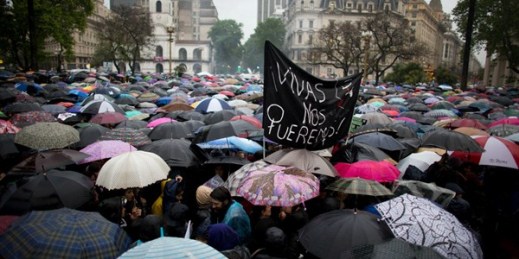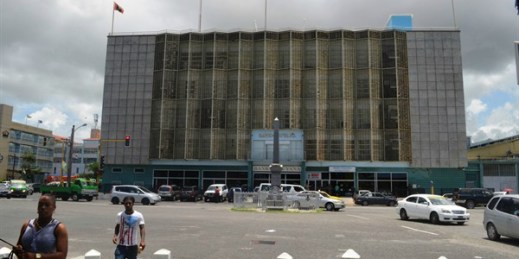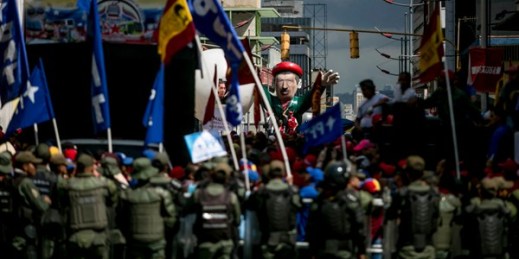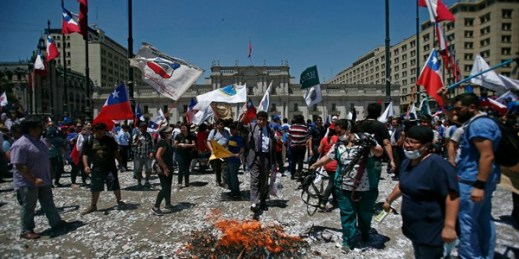
A nearly month-long strike by Chile’s public sector employees ended earlier this month after workers failed to win a pay increase of 7 percent and instead reluctantly accepted President Michelle Bachelet’s initial proposal of a 3.2 percent raise. In an email interview, Peter M. Siavelis, a professor of politics and international affairs and the director of the Latin American and Latino studies program at Wake Forest University, discusses labor relations in Chile. WPR: What are the public sector’s grievances with President Michelle Bachelet’s administration, and how have they affected relations between the government and public employees? Peter M. Siavelis: The […]

